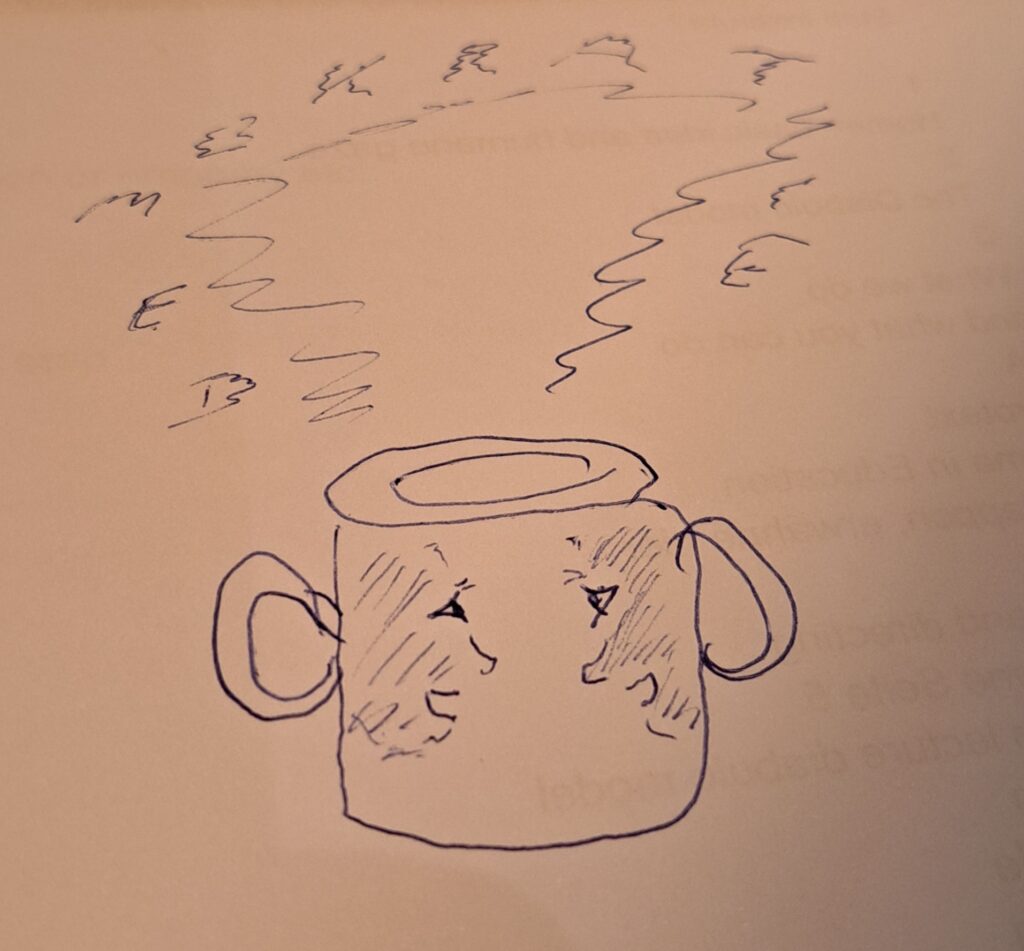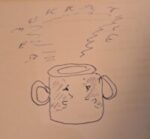The actual research projects
Here you can find the ongoing research projects. We are open for cooperations and new ideas.
All reserach is done by the diabolo- and a hand-heart-head-approach, combining practice and theory.
Education and arts/drama
A. Development of teaching aids: Drama in Education as tool for teaching/learning about sustainability and democracy.
B. How to teach on empathy, compassion and "being humane"?
Social tranformation and Intersectional Justice
A. Economics
B. Health
C. Transforming universities: towards a prototyp centre for sustainability and democracy.
Beyond the difference between natural and social sciences
A. "Being connected". From neuropsychology to Economics.
Towards an Eco-philosophy of democracy
A. About phantasy/imagination and reason - a postphenomenology of the humane scenery. B. Rethinking the relation between substantial and formal democracy.
A Towards a prototype center for sustainability&democracy at all universities and schools
Towards a prototype centre for sustainable democracy as core of every university: the diabolo-model and the role of substantial, sustainable democracy
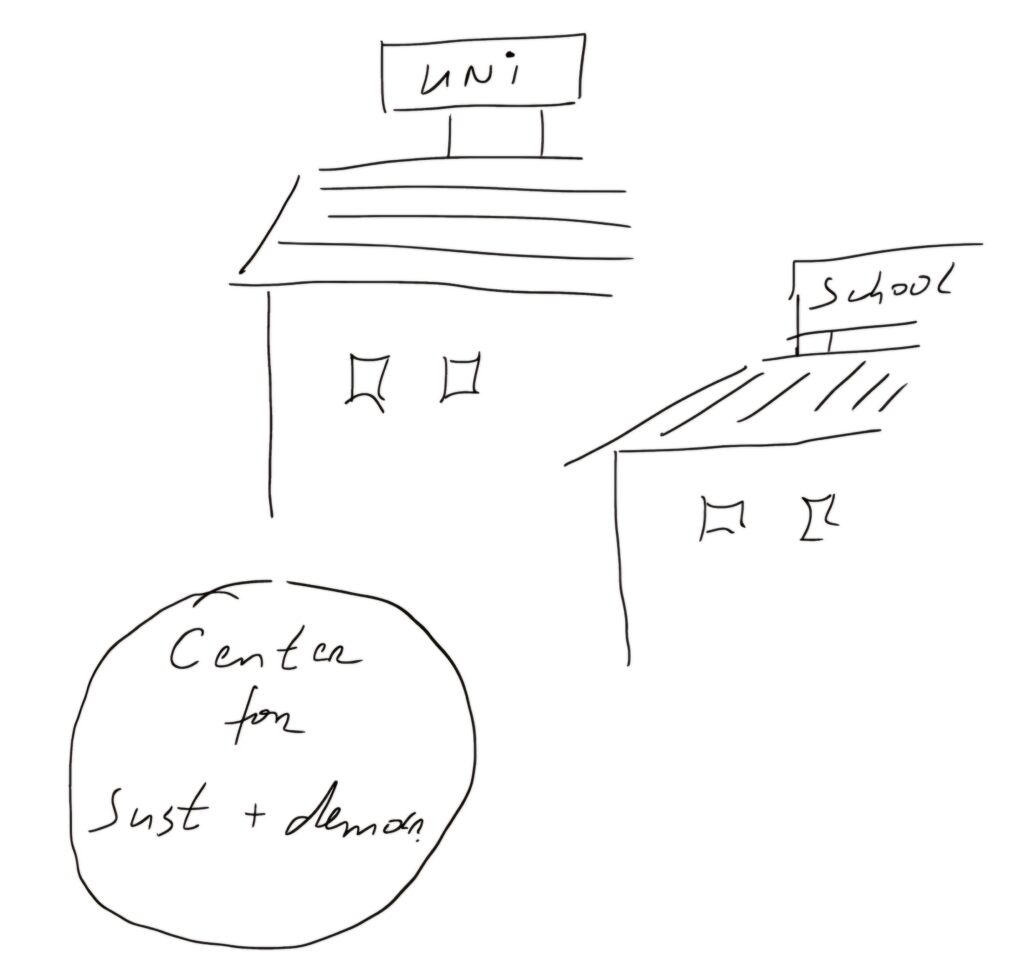
B Developing a humane gaze: film directors and introduction in to contemporary philosophy
A short paragraph describing exactly what this service offers and how it helps clients. This is your chance to convince the visitor that your business is the right choice for them.
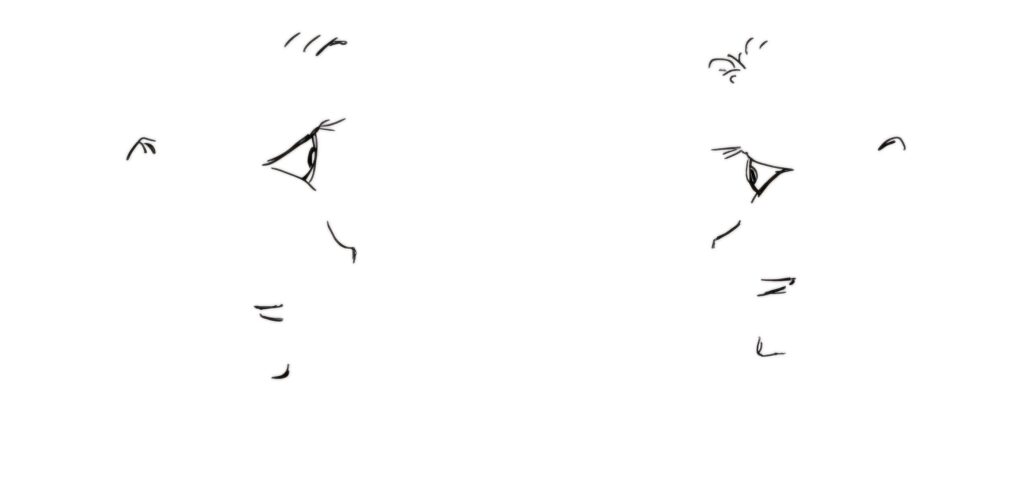
C Being connected (from compassion to being humane) - from neuropsychology to economics and politics
About the compass for a global convivial society. On well-being an beyond.
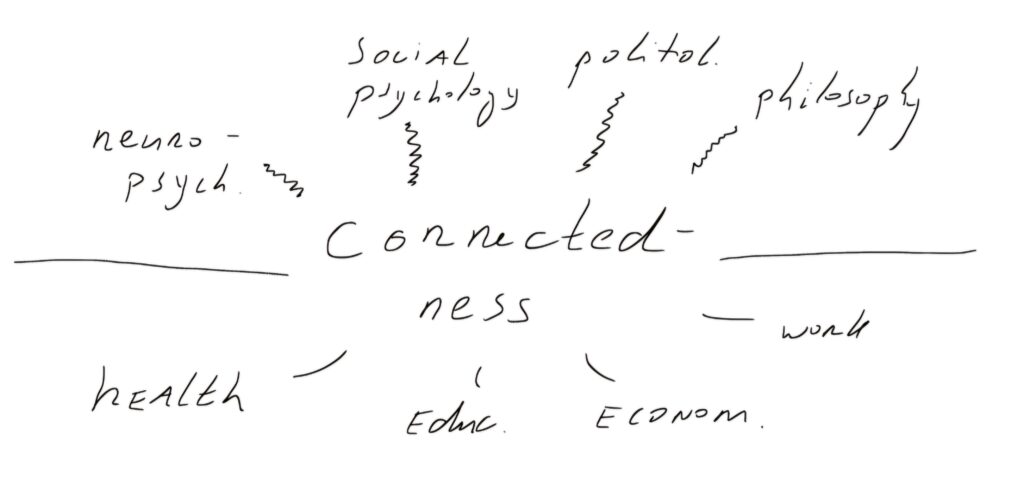
D Health, climate, democracy – on drama education, drama therapy and public health
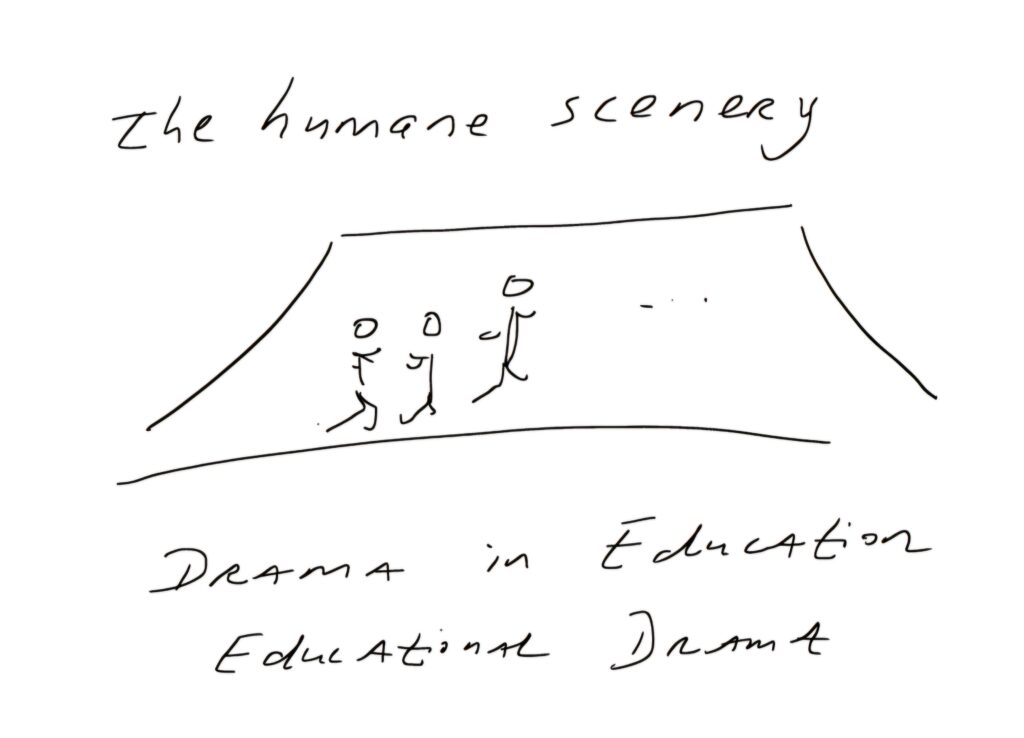
E Global democracy, citizenship, cosmopolitanism and beyond - on making everyones dignity visible
How to make the dignity of everyone visible – global democracy, global citizenship, cosmopolitanism, global assembly…?
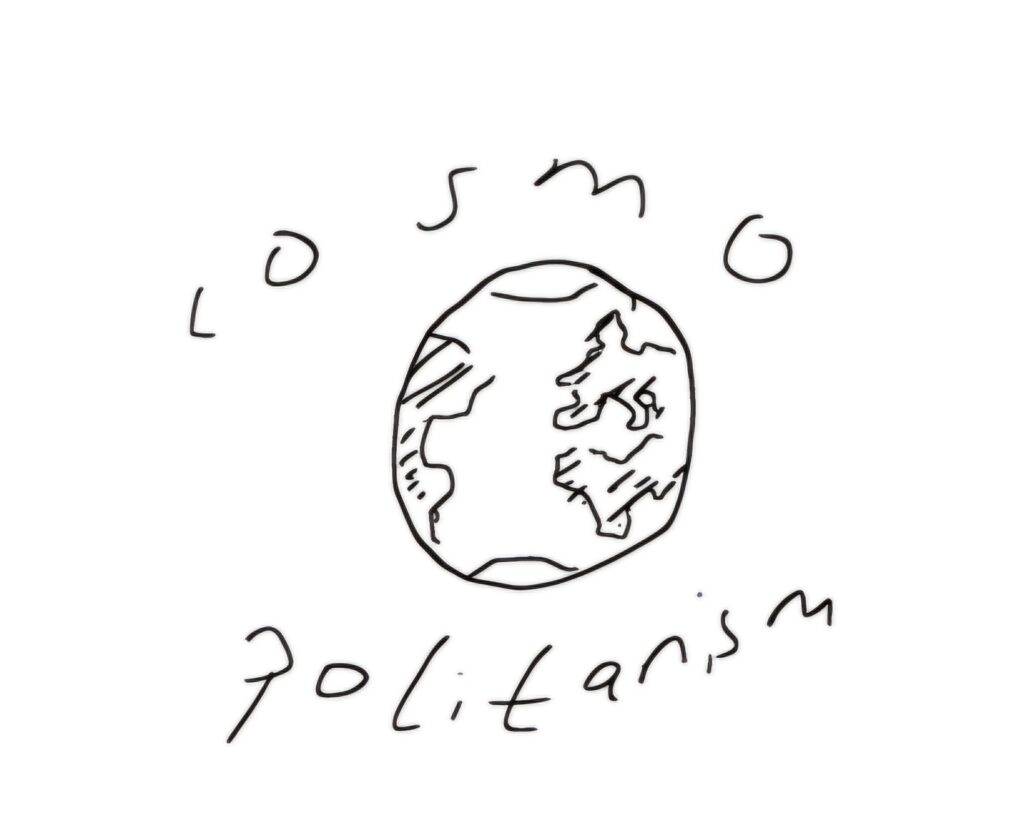
F Substantial and formal democracy
Towards a relational theory of democracy
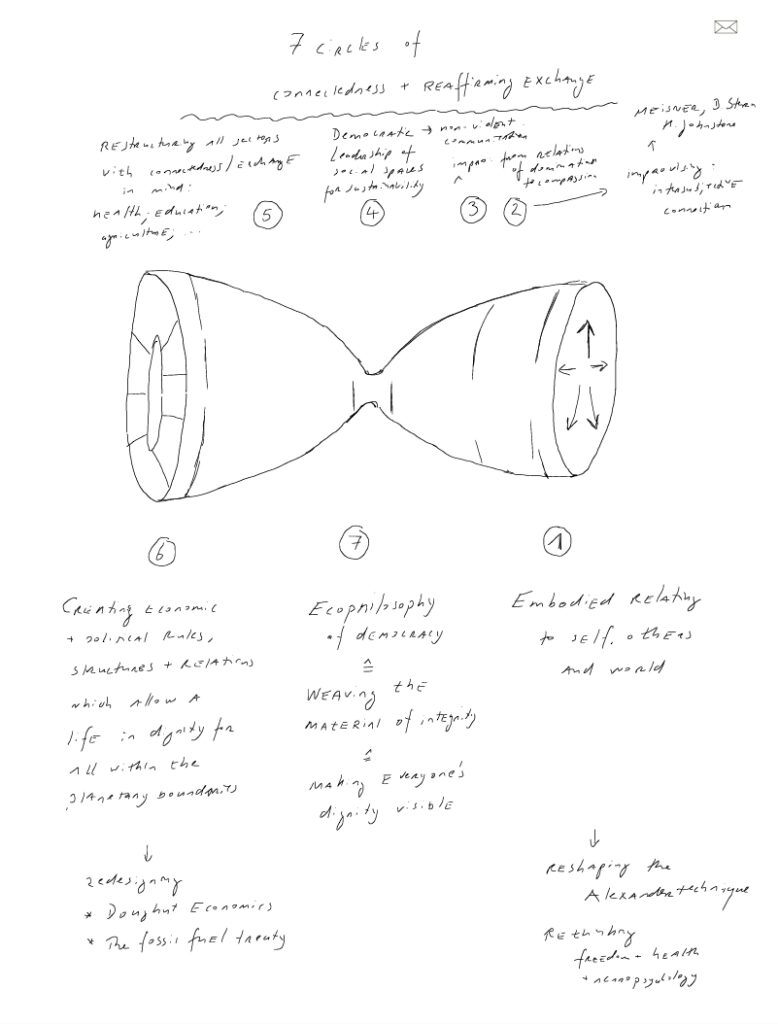
G Phantastical magic: on reason and imagination
Is there a third dimension of a phantastical reason, a form of playful, humane relating which involves perception as well as action, opens the heart and the mind, and can serve as a norm even for moral and ethical considerations?

H Magic, Fantasy, Religion, Philosophy - and beyond
In classical texts (Max Weber, Sigmund Freud, Jürgen Habermas), modern societies including sciences and philosophy, their moral and economic principles are defined through the lense of the contrast to (1) magic and magical thinking and (2) to monotheistic religions as steps toward a postmetaphysical enlightnment by human reason.
We would like to reexamine these transitions and look for a form of reason which avoids the inbuilt cruelties of some parts of modernity. What kind of project could grow out of a history which reinterpretes the functions and explorations by these societal forces? What kind of reason, “phantastical reason”, is involved in the stories which live by their engagement of a specific type of fantasy? Which kind of societal practices could replace a problematic dichotomy between theory and practice? Which place can concepts such as dignity or mercy with their practical implications (stories, myth, rituals) play in the realm of this kind of reason?
Where could the idea of being humane be placed? How is this idea transcending these existing sociological realms? What does it mean to connect oneself to it? Which place and relations could perception, action and reflection intake?
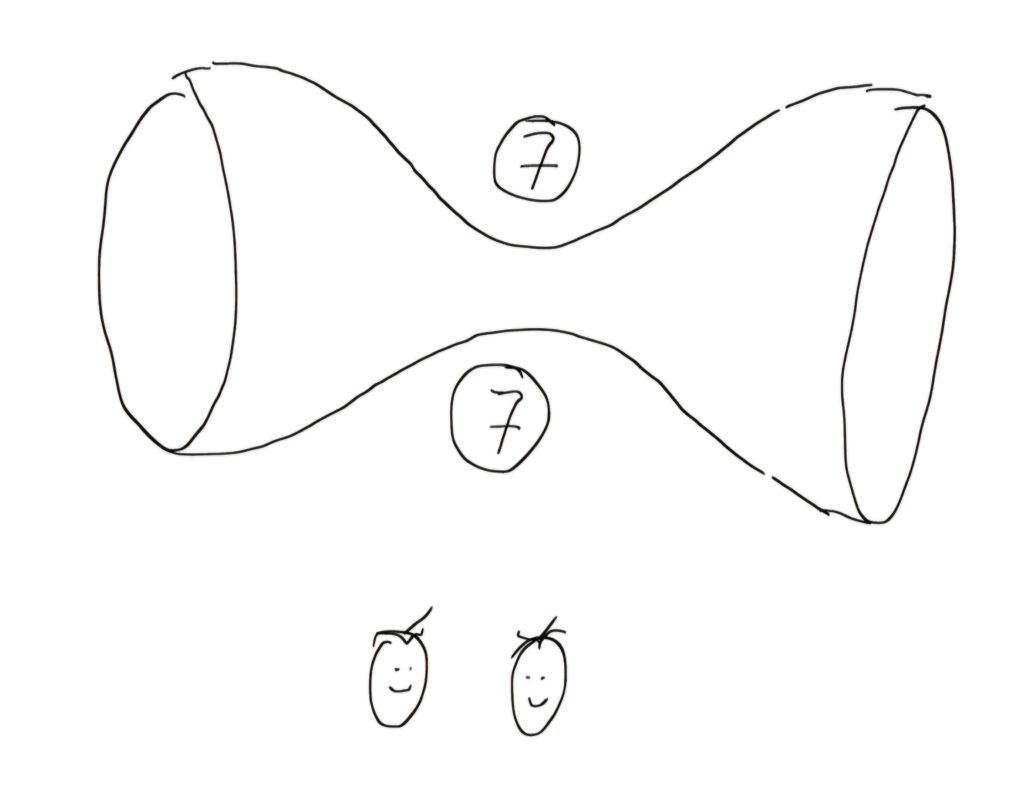
I Rethinking Economics: The dough of the doughnut - postgrowth and beyond
See research results in economics (Raworth, Göpel, Schmelzer).

J Treating acting methods as ethical training
A lot of acting methods (Meisner, Johnstone, Batson, …) consider themselves as a training tool in becoming more open-hearted and open-minded. They focus especially on the capacity to be able to listen to oneself, the needs, emotions and thoughts at the same time as one is able to listen to the other ones, in a mutual reaffirming cooperation between two as free and equal.
How can these acting techniques be rearticulated as training of substantial democratic relations? What would this focus on intersubjective reciprocial reafforming embodied action mean for the transformation of democratic spaces and institutions such as schools, the health service etc.?
How is this kind of responsivity different from “resonance”? How can it be formed in a way so that everyone can become or stay connected to oneself while being open and meeting the other ones?

K Developing plays and childrens literature
A short paragraph describing exactly what this service offers and how it helps clients. This is your chance to convince the visitor that your business is the right choice for them.

L Drama/theatre-in-education and climate/sustainability crises
What does the sustainability cirses mean for the discipline of drama in education? And what can drama-in-education contribute to the development of values, attitudes and a gaze which can ransform society in a sustainable and democratic one?

M On the concept of diginity, rights and democracy
1 Is “dignity” something we assume; or something which can be experienced? Is it an ethical compass or a universal experience?
2 How did dignity become the core concept of today’s ethical and juridical system? To which problems did the people react who put “dignity” in the middle of the declaration of human rights in 1948 (and the “Grundgesetz”)?
3 What implies the concept of “dignity” to the concepts of “person”, “soul/body” and similar concepts?
4 Can “dignity” be made visible? How?


